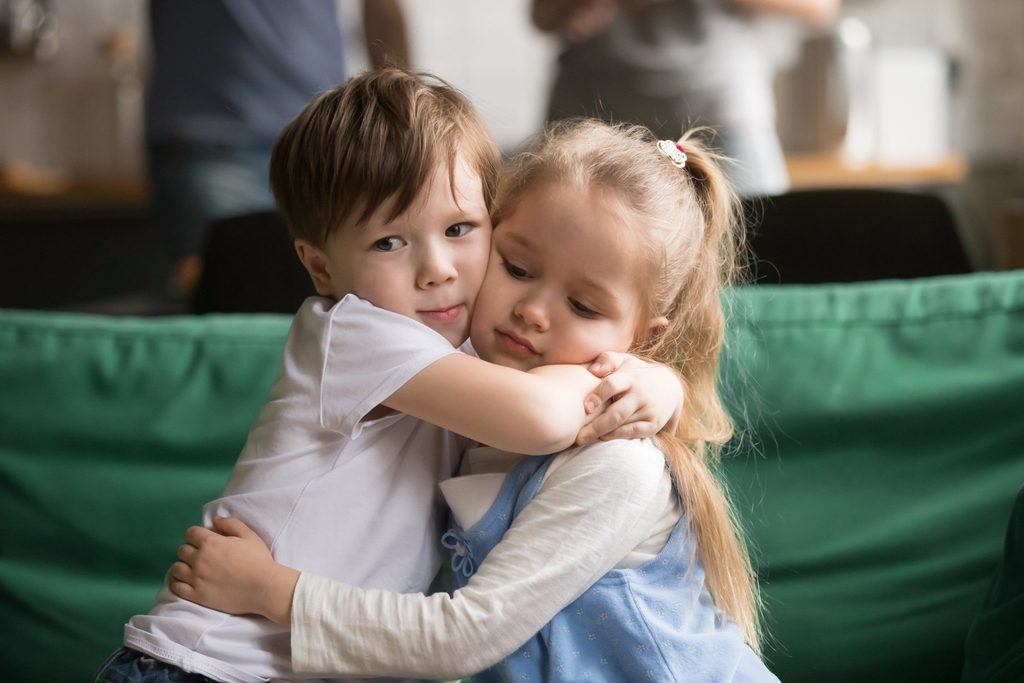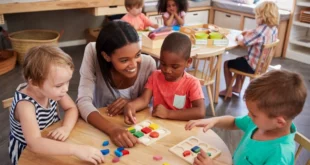
Dr. Maria Montessori’s pioneering work began with children who were deemed «unteachable» in the traditional system, underscoring the Montessori method’s inherent inclusivity. Today, as the world becomes more aware and accepting of neurodiversity, the Montessori approach stands out as a beacon of hope and empowerment for children with special needs. This article explores how the Montessori philosophy embraces and nurtures neurodiverse students.
The Foundation of Individualized Learning
Montessori’s bedrock principle is to «follow the child.» This approach:
- Acknowledges Unique Paces: Every child is allowed to progress at their own pace, ensuring no one is left behind or feels pressured.
- Respects Individual Strengths: Instead of a one-size-fits-all curriculum, Montessori emphasizes building on each child’s strengths.
- Addresses Specific Challenges: Tailored strategies and materials are employed to address each child’s unique challenges.
Montessori Materials: A Boon for Special Needs
Montessori materials are inherently sensory, tactile, and self-correcting – characteristics that can be especially beneficial for neurodiverse children:
- Tactile Feedback: Materials like sandpaper letters or knobbed cylinders provide sensory feedback, aiding in motor skills and sensory integration.
- Sequencing & Order: Many materials are designed to introduce concepts in a sequential manner, fostering cognitive development.
- Concrete to Abstract: Montessori’s approach of moving from hands-on materials to abstract concepts supports diverse learning styles.
The Role of the Montessori Educator
Montessori educators are trained to be keen observers, ensuring they:
- Identify Specific Needs: Recognize the unique challenges and strengths of each child.
- Adapt the Environment: Make necessary modifications to the environment or materials based on individual needs.
- Foster Inclusion: Promote a classroom culture of acceptance, respect, and mutual aid.
Montessori Conferences and Special Education
Montessori conferences often host discussions and workshops on integrating neurodiverse children into the Montessori environment. The Children Change The World Montessori Conference in Canada is a platform where educators can gather insights on this topic. To find sessions focused on neurodiversity, visit www.childrenchangetheworld.com/schedule.
Conclusion
Embracing neurodiversity isn’t just about accommodating special needs; it’s about celebrating each child’s unique potential and paving the way for their success. The Montessori approach, with its individualized, compassionate methodology, truly embodies this spirit.
Embracing Neurodiversity The Montessori
Montessori Calgary 2024 Presenter Schedule
 Tu Auto En Calgary
Tu Auto En Calgary
